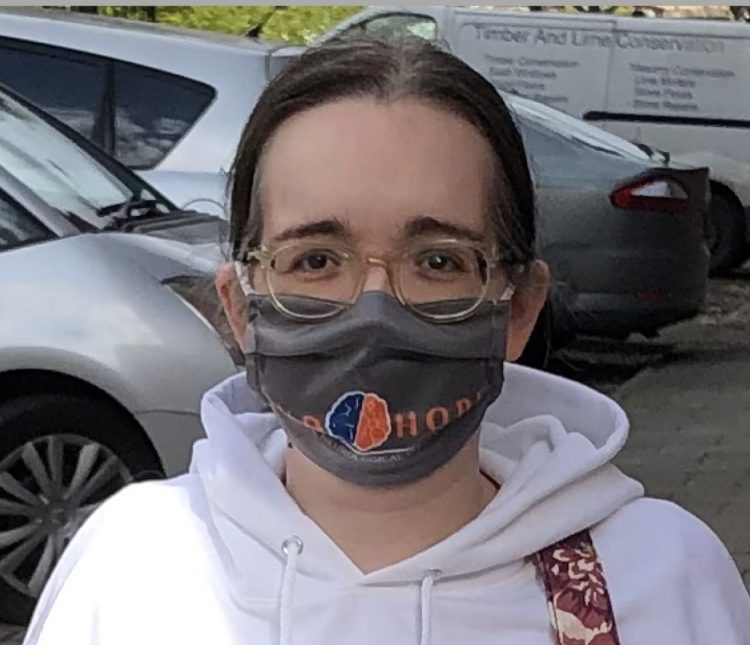What Helps Clair With Functional Neurological Disorder
Editor's Note
Any medical information included is based on a personal experience. For questions or concerns regarding health, please consult a doctor or medical professional.
With our ongoing “What Helps Me” series, The Mighty is leaning into what sets us apart from other health sites: We aim to provide real health advice from real people who live it.
In this spirit, we asked our community for the best insights and tips they’ve developed for managing their conditions. As always, they responded with their unique health stories and we are happy to pass along their well-tested resources to you.
Responses have been lightly edited for length and clarity.
Today, we meet Mighty member Clair. She lives with functional neurological disorder (FND).
Clair, what helps you?

THE MIGHTY: What helps you most when your condition affects your physical health?
CLAIR: functional neurological disorder (FND) affects everyone differently, and the physical symptoms vary greatly from one person to another. For me, one of the biggest physical symptoms I experience is that I lost all feeling and control of my left leg. This, in turn, has resulted in a drastic change in my mobility and how I walk and has also caused severe pain in my lower back and pelvis and severe muscle spasms. I have been on a variety of medications to help manage the pain I experience. However, the thing that I have found most beneficial in helping manage these symptoms is receiving chiropractic treatment. At first, I was very skeptical, however now I attend regular appointments with my chiropractor, who uses a combination of spinal adjustments, kinesiology taping, and acupuncture to treat the symptoms I have. The reduction in my pain levels and muscle spasms since I began receiving chiropractic treatments has been amazing.
What helps you most when your condition affects your mental health?
How do you cope when your normal self-care isn’t working?
I used to be the person people would come to for help, and I used to be the person who helped other people, so it was incredibly difficult to go from being the “helper” to being the “helped,” I am very blessed to have a very supportive, understanding, and encouraging husband who gave up work to become my full-time caregiver when my health left me no longer able to look after myself properly. On days when I feel like my health is wearing me down, my husband is the one who helps me keep going. He encourages me to go out to a local park to get some fresh air and clear my head when I am feeling particularly low or when I’m feeling stressed. He also helps me to do some stretches I learned from physiotherapy when my pain levels are worse than they usually are.
Image via contributor.

